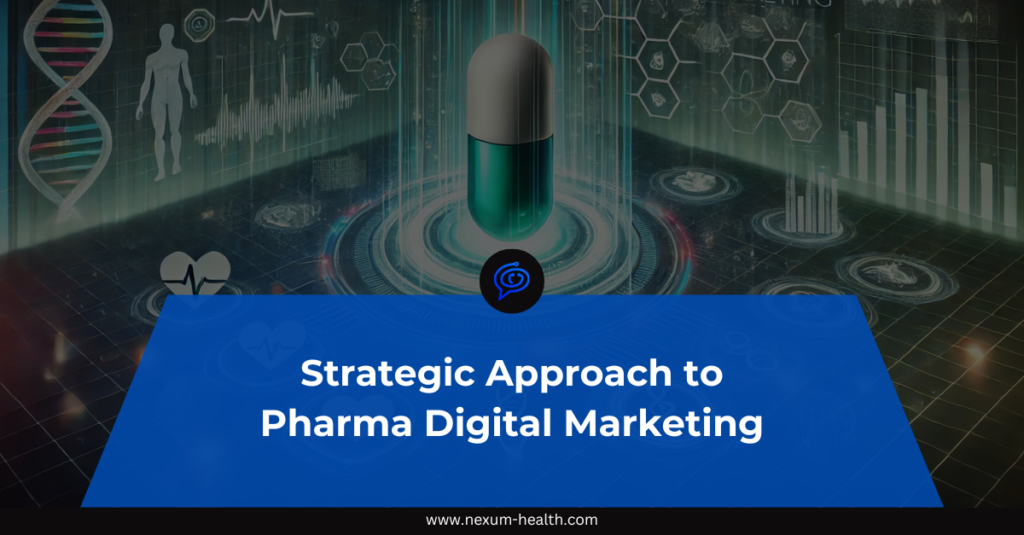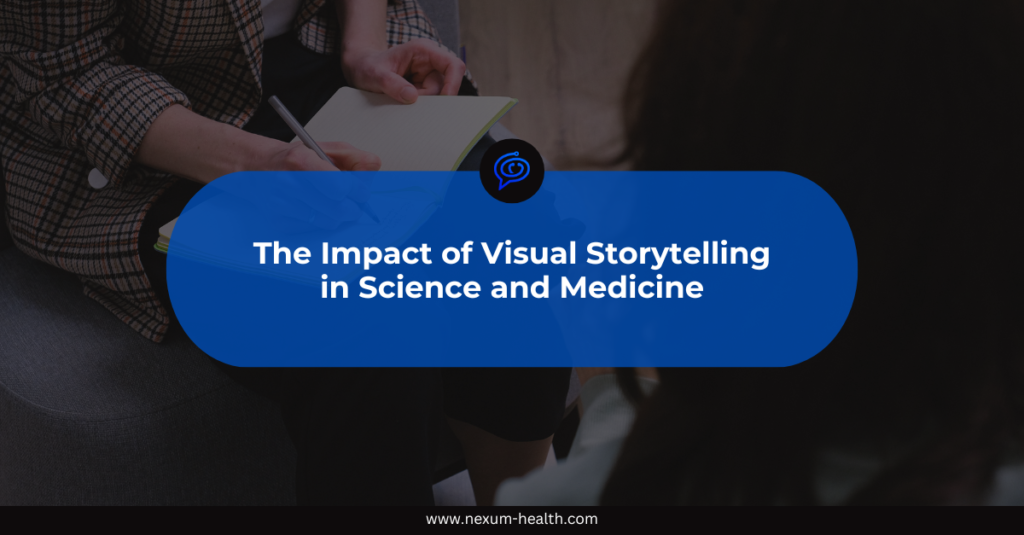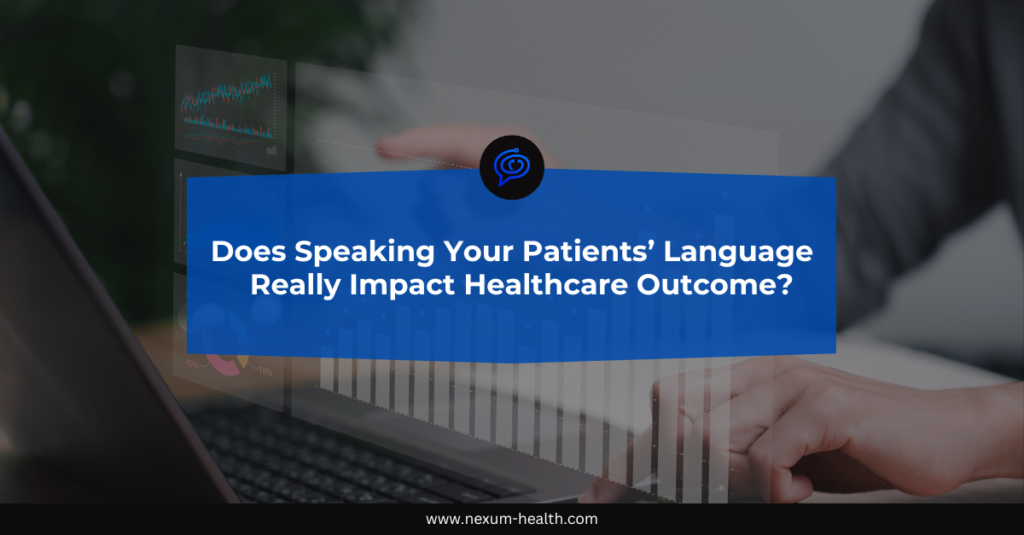In a world where technological advancements shape the future of our daily lives, the field of medicine and healthcare is no exception. From the widespread accessibility of generative AI to the integration of virtual meetings in post-pandemic times, the opportunities for innovation are abundant. Yet, despite the proliferation of digital channels, many professionals in Medical Affairs roles are yet to fully harness their potential for exceptional results.
Social media has become an integral part of modern society, influencing the way we communicate, gather information, and engage with one another. Initially perceived as a tool primarily for marketers, its role has evolved significantly over time. Today, social media serves as a pivotal channel for all forms of engagement, including those within the field of Medical Affairs. However, despite its prominence, there remains a notable gap in fully leveraging its potential.
Seizing the Opportunity
As technological advancements continue to reshape the healthcare sector, it is imperative for professionals in Medical Affairs roles to seize the opportunities presented by social media. Recognising the transformative potential of this platform, individuals must be proactive in integrating it into their strategies to achieve optimal results.
One of the fundamental steps in maximising the impact of social media within Medical Affairs is to start with insights. By leveraging data analytics and insights derived from social media platforms, professionals can gain a deeper understanding of patient and healthcare provider (HCP) behaviours, preferences, and needs. This knowledge serves as a foundation for developing targeted and personalised engagement strategies that resonate with the intended audience.
Beyond merely establishing a presence on social media, the true value lies in fostering meaningful engagement with patients and HCPs. This entails creating compelling content that educates, informs, and sparks conversations within relevant communities. By leveraging the interactive nature of social media platforms, Medical Affairs professionals can facilitate dialogue, address concerns, and build trust among stakeholders.
Path to Effective Digital Engagement in Medical Affairs
Insights serve as the cornerstone for developing strategies that resonate with stakeholders in Medical Affairs. Whether navigating social media platforms, engaging with medical science liaisons (MSLs), or participating in congresses, understanding the preferences, behaviours, and unmet needs of stakeholders is paramount. Here’s how insights pave the way for impactful engagement across all channels.
1. Stakeholder Preferences and Behaviours
Before boarding on any digital engagement initiative, it’s essential to delve into the preferences and behaviours of stakeholders. This entails deciphering which channels they prefer and what types of content resonate with them. By analysing digital engagement patterns, Medical Affairs professionals can tailor their strategies to align with stakeholder preferences, ensuring maximum impact and relevance.
2. Language
Language nuances play a crucial role in effective communication. Medical Affairs professionals must delve into the linguistic nuances, keywords, and hashtags used by stakeholders in digital spaces. By understanding language, they can create content that speaks directly to the target audience, enhancing engagement and fostering meaningful connections.
3. Addressing Unmet Needs
Central to effective engagement is addressing the unmet needs of stakeholders. By identifying gaps in existing resources and content, Medical Affairs professionals can develop targeted initiatives to meet these needs. Whether it’s providing educational resources, addressing common concerns, or offering solutions to challenges, understanding stakeholders’ unmet needs is pivotal for driving meaningful engagement.
4. Identifying Key Influencers
In the interconnected world of social media, influencers wield significant influence over audience perceptions and behaviours. Medical Affairs professionals must identify and collaborate with online influencers relevant to their field. By leveraging the credibility and reach of influencers, they can amplify their message and enhance visibility within digital communities.
5. Embracing Technological Nuances
The rapid evolution of technology introduces new nuances and considerations for digital engagement. Medical Affairs professionals must stay abreast of current and future tech-related trends and platforms. Whether it’s leveraging AI-powered analytics or exploring innovative communication tools, embracing technological advancements enables them to optimise their digital strategies for maximum effectiveness.
6. Timing and Relevance
Timing is critical in digital engagement. Medical Affairs professionals must identify appropriate moments to engage with stakeholders and capitalise on relevant events and discussions. By staying attuned to industry trends and current affairs, they can ensure that their engagement efforts are timely, relevant, and impactful.
Integrating Insights Across Engagement Channels
Insights derived from digital channels are not limited to online engagement alone; they extend to all facets of Medical Affairs, including interactions with MSLs and participation in congresses. By leveraging insights gleaned from digital platforms, Medical Affairs professionals can enrich their interactions with stakeholders across various channels. For instance, knowledge of a stakeholder’s online search behaviour can inform discussions with MSLs or shape the development of supporting materials.
The Key to Effective Digital Scientific Exchange
One fundamental principal reign supreme: it’s not about you. For pharmaceutical companies navigating the digital age, broadcasting about themselves is an outdated strategy that no longer resonates with stakeholders. To truly succeed in online engagement, it’s imperative to prioritise the needs, preferences, and interests of stakeholders above all else.
At the heart of effective digital scientific exchange lies a deep understanding of stakeholders’ needs and preferences. By leveraging insights derived from careful analysis (as outlined previously), pharmaceutical companies can tailor their engagement strategies to address the unmet needs of stakeholders and their patients. Rather than focusing on self-promotion, successful digital engagement revolves around delivering value and support to stakeholders in meaningful ways.
Moving Beyond Self-Promotion
A common pitfall in digital engagement is the tendency to prioritise self-promotion over delivering valuable content to stakeholders. Broadcasting about company achievements or attendance at conferences may yield little relevance or utility for stakeholders. Instead, companies should focus on providing content that directly supports stakeholders’ needs, such as the latest disease trial data or webinars featuring congress highlights. By offering content that adds value and addresses stakeholders’ interests, companies can foster deeper engagement and build trust within digital communities.
In the digital area, stakeholders have the freedom to choose what content they engage with and where they engage with it. To succeed in this environment, pharmaceutical companies must deliver content that resonates with stakeholders’ interests and preferences. This may involve sharing relevant information through various channels, including social media, webinars, and online forums. By meeting stakeholders where they are and delivering content they want to hear, companies can increase engagement and enhance the impact of their digital initiatives.
Involving Stakeholders in Engagement Plans
A powerful approach to ensuring relevance and resonance in digital engagement is to involve stakeholders in the co-creation of engagement plans. By soliciting input and feedback from stakeholders, companies can gain valuable insights into their preferences, priorities, and unmet needs. This collaborative approach not only ensures that engagement strategies are tailored to stakeholders’ interests but also fosters a sense of ownership and partnership in the process.
Seamless and Personalised Medical Engagement Experiences in the Digital Age
The concept of “customer experience” has become increasingly prominent. The goal is to create seamless, personalised, and integrated experiences that resonate with stakeholders. While this phrase may initially seem more aligned with marketing, its principles are equally applicable to medical engagement. Achieving this level of engagement requires a strategic approach grounded in insights, stakeholder centricity, and modular content.
At the core of personalised engagement lies a deep understanding of stakeholder preferences, behaviours, and needs. By leveraging insights derived from data analytics and stakeholder feedback, pharmaceutical companies can tailor their engagement strategies to meet the unique requirements of each individual. Whether it’s understanding preferred communication channels or identifying content preferences, insights drive the creation of meaningful and relevant experiences.
Enhancing Flexibility and Value
Modular content, while not a new concept, has taken on renewed importance in the era of omnichannel engagement. With a vast library of content modules at their disposal, companies can deliver personalised experiences across various channels and formats. From videos to interactive quizzes, modular content offers versatility and value, allowing stakeholders to engage with information in a manner that suits their preferences.
The shift towards modular content also holds significant implications for the global-local dynamic within pharmaceutical companies. Rather than each country developing its own content, there is now an opportunity to leverage a centralised library of modules. This approach not only streamlines content development but also ensures consistency while allowing for localisation based on regional stakeholder preferences and needs.
Planning Engagements and Steering Modern Journeys
Effective engagement planning in the digital age requires anticipating stakeholder journeys and mapping out potential routes they may take. This involves considering various touchpoints and channels and ensuring that content is tailored to provide value at each stage of the journey. Modern journeys are dynamic and complex, necessitating careful planning and the ability to adapt to different scenarios and triggers.
In order to support the implementation of modular content and dynamic engagement strategies, there is a need for a shift in the approval process within Medical Affairs. Traditional approval processes may need to be reimagined to enable greater agility and flexibility. This may involve the introduction of new processes or the adoption of technology such as generative AI to streamline content approval and facilitate modular content creation.
Measuring and Optimising Digital Engagement in Pharma
The ability to measure and optimise in real-time is indispensable for pharmaceutical teams. Gone are the days of quarterly assessments; today, teams must continuously monitor and analyse data to understand what’s working and what isn’t. By leveraging data-driven insights, teams can iterate on their strategies, adapt to evolving trends, and ultimately drive greater impact in their digital initiatives.
Traditionally, pharmaceutical teams relied on market research data collected on a quarterly basis. However, in today’s digital world, checking data should be a more frequent occurrence, with weekly assessments being the norm, and even daily checks for campaigns tied to specific events or congresses. While kneejerk reactions should be avoided, teams must remain mindful of emerging patterns and trends, iterating their strategies accordingly.
Validating Initial Journeys
When planning initial engagement journeys, data plays a crucial role in validating assumptions and refining strategies. By closely monitoring data metrics, teams can quickly identify whether their planned journey aligns with stakeholder behaviours and preferences. This rapid evaluation enables teams to adapt and optimise their activities and content in real-time, ensuring that engagement efforts remain effective and impactful.
Choosing the Right Metrics
There is a plethora of metrics that can be measured, but not all are equally valuable. Simply measuring the number of sign-ups for a medical webinar provides limited insight on its own. Instead, teams must focus on identifying meaningful metrics that align with their engagement goals and objectives. For example, tracking sign-ups from specific activities allows teams to discern which channels or campaigns are driving the most engagement, enabling them to allocate resources accordingly.
Measuring data is only half the battle; the real value lies in turning insights into actionable strategies. By analysing data outcomes, teams can identify areas for improvement and implement targeted interventions. For instance, if data reveals that one email campaign outperformed another in terms of sign-ups for a webinar, teams may choose to increase investment in the successful campaign or adjust messaging to align with its success factors. Additionally, insights gleaned from data can inform decisions regarding the involvement of MSLs or other stakeholders to further enhance engagement efforts.
Conclusion
The maximisation of impact through insightful engagement and continuous optimisation emerges as a critical imperative. As we navigate a world shaped by technological advancements and changing stakeholder dynamics, it becomes evident that the path to success lies in embracing innovation, leveraging data-driven insights, and fostering meaningful connections across digital channels.
The journey begins with a deep understanding of stakeholder preferences, behaviours, and unmet needs. By utilising the power of data analytics and social media insights, medical affairs professionals can adapt their engagement strategies to resonate with their audience effectively. This approach not only enhances relevance but also fosters trust and meaningful dialogue within digital communities.
However, successful engagement goes beyond mere presence on digital platforms; it necessitates a shift towards stakeholder-centricity and value delivery. By prioritising the needs and interests of stakeholders above self-promotion, pharmaceutical companies can cultivate genuine connections and drive impactful exchanges of scientific information.
Central to this endeavour is the adoption of modular content and agile engagement planning methodologies. By offering personalised experiences and anticipating stakeholder journeys, companies can deliver value at every touchpoint, fostering deeper engagement and loyalty.
Furthermore, the ability to measure and optimise engagement efforts in real-time is paramount. By continuously monitoring key metrics and iteratively refining strategies, teams can adapt to evolving trends and maximise the impact of their digital initiatives.
Overall, the journey towards maximising medical affairs impact through insightful engagement and continuous optimisation is multifaceted and dynamic. By embracing innovation, leveraging data-driven insights, and prioritising stakeholder needs, pharmaceutical companies can forge stronger connections, drive meaningful exchanges, and ultimately enhance patient outcomes in the digital age.






